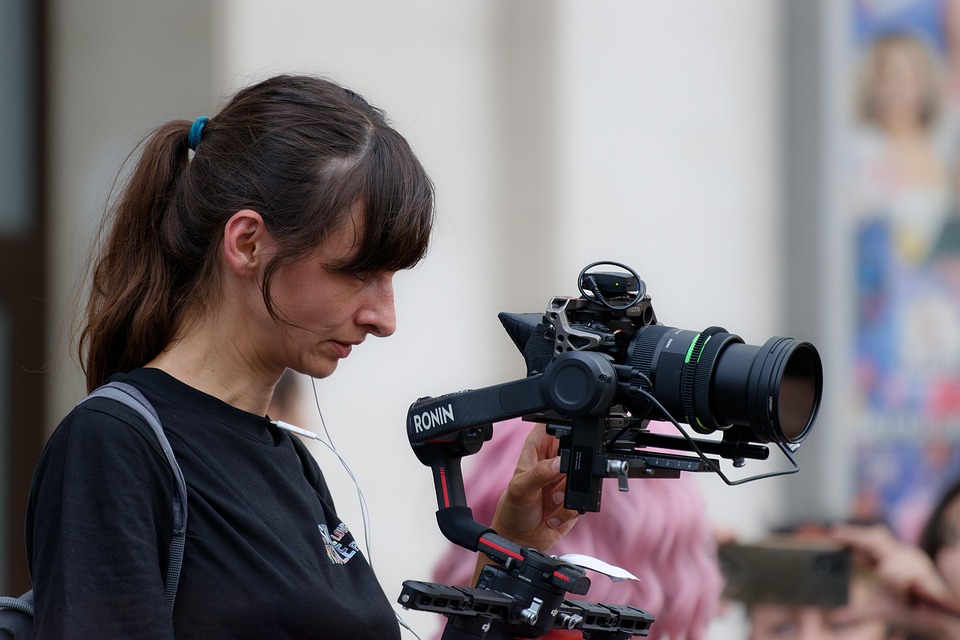Mastering the STAR Technique: Essential Interview Tips for UK Job Seekers
When venturing into the competitive landscape of job hunting in the UK, one method stands tall among the myriad of interview techniques: the STAR technique. It’s an acronym that stands for Situation, Task, Action, and Result. This structured approach not only helps candidates articulate their experiences but also enables interviewers to glean insights into a candidate’s capabilities and thought processes. But how exactly can one master this technique? Let’s delve deeper.
Understanding the STAR Framework
-
Situation: Set the Scene
Begin by painting a picture of the context in which you found yourself. This could be a specific project, a challenging event, or even a conflict within a team. The key here is to provide enough detail for the interviewer to understand the backdrop without overwhelming them with unnecessary information. For example, instead of saying, "I worked on a project," elaborate: "While managing a team of five during a product launch, we faced significant delays due to supplier issues." -
Task: Define Your Role
Clearly outline your responsibilities within that situation. What was required of you? What challenges were you tasked with overcoming? This section is crucial; it’s your opportunity to showcase your role amidst the chaos. For instance, "As the project lead, I was responsible for devising a recovery plan and ensuring team morale remained high." -
Action: The Heart of Your Story
Detail the specific actions you took to address the task at hand. This should be a robust part of your response, showcasing your skills, thought process, and initiative. It’s not enough to simply state what you did; you must convey why you chose that course of action. Perhaps you implemented a new communication strategy to keep everyone on the same page, or maybe you sought additional resources to mitigate the delays. -
Result: The Aftermath
Conclude with the outcomes of your actions. Quantifiable results are particularly persuasive; they demonstrate the tangible impact of your efforts. Did the project finish on time? Did it lead to an increase in sales or customer satisfaction? Use numbers where possible. For example, “As a result of my efforts, we not only launched on time but also increased our customer satisfaction score by 20%.”
Anticipating Common Questions
As you prepare for interviews, consider the types of competency-based questions that might arise. "Can you describe a time when you had to work under pressure?" or "How have you dealt with conflict in a team?" are staples in UK interviews. Practising the STAR technique in response to these questions can significantly enhance your confidence and clarity.
Practice Makes Perfect
While the STAR technique provides a framework, delivering responses with authenticity is equally vital. Role-playing with a friend or utilising mock interviews can sharpen your storytelling skills. Consider recording yourself to identify areas for improvement; perhaps your tone is too monotonous, or you’re inadvertently rushing through the results.
The Power of Reflection
After each interview, take a moment to reflect. What went well? What could you have articulated better? This practice not only prepares you for future interviews but empowers you to continually refine your approach. Remember, every interview is a learning opportunity, a chance to hone your narrative further.
Navigating the job market in the UK can be daunting, especially when seeking positions requiring sponsorship. However, with the STAR technique as your ally, articulating your experiences with confidence and clarity becomes second nature. Visajob.co.uk is here to support you every step of the way, particularly as you navigate the complexities of securing a role that meets your needs for sponsorship. Let’s tackle this journey together!




